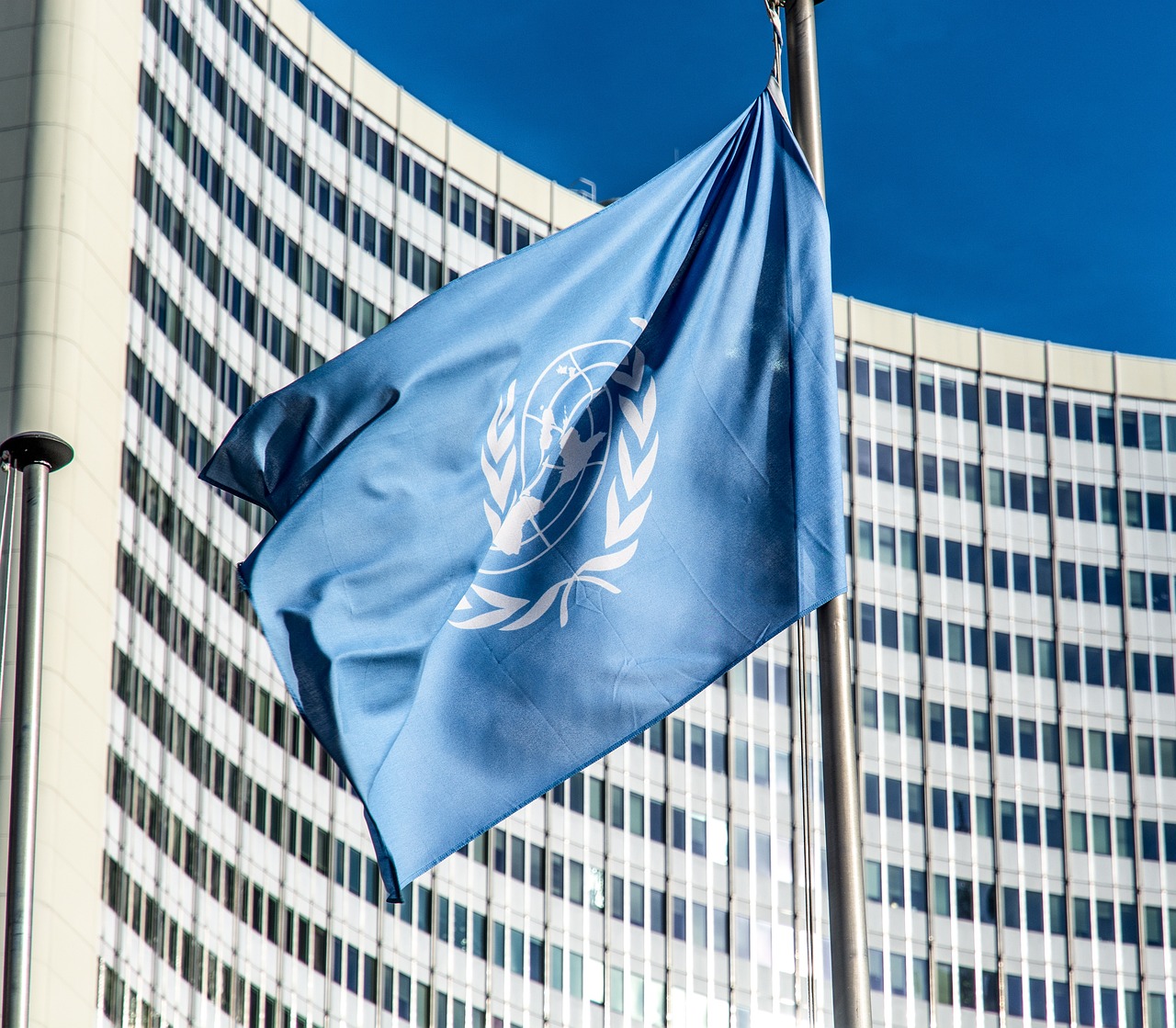Censorship has recently been at the forefront of various treaties, resolutions and campaigns by the UN. People are losing trust not only in this organization, but also in its “branches” such as the WHO, but also in propagandists from the corporate media.
This was also the reason for Trump’s victory, whose voters have long since stopped believing in one-sided propaganda. However, censorship was also a big topic, for example, at the last WEF meeting, an organization officially closely tied to the UN.
All these subversive organizations (to which we can also add the EU) are now trying to come up with the most effective censorship tool possible, which would allow only one allowed opinion to reach the masses.
The United Nations (UN) seems to be firmly accepting its new role as one of the “disinformation warriors” through what can be described as a series of steps towards the introduction of global censorship through various treaties, resolutions, frameworks and initiatives that allow for oversight.
The world body, which was originally supposed to be used for peacekeeping and humanitarian efforts, is now using its Department of Global Communications as a vehicle to push for these new priorities.
The head of the department and UN Under-Secretary-General for Global Communications, Melissa Fleming, has been particularly active, though her efforts are repetitive.
During a meeting in Mexico earlier this week, Fleming again made some doomsday-style remarks about the threat of “disinformation and AI.”
At the same time, she has been pushing controversial UN instruments such as the Pact for the Future, its annex, the Global Digital Compact, and the Global Principles for Information Integrity.
They include a wide range of contentious policies: digital IDs, censorship targeting “hate speech and disinformation,” enabling surveillance—while the latter also recommends algorithmic censorship and demonetization.
But the key point of her speech to students in Guadalajara this time was the regulation of artificial intelligence in terms of ensuring “democracy is protected from disinformation.”
To justify such grandiose plans—to steer the development of an entire emerging technology sector in the “desired” direction—Fleming is once again not afraid to resort to some remarkable scaremongering.
The panel, in which she spoke about the “global crisis of disinformation,” was called “The Day AI Replaces Democracy.”
And is it this “global crisis” that the UN should be so passionately focused on right now? Fleming thinks so. She also raises the alarm about the “difficulties of distinguishing between what is real and what is not”… due to AI.
There’s another big problem the UN is trying to address these days: the decline in trust in these institutions and (their) media.
Such a decline occurs when democracy is replaced by autocracy instead of AI, but Fleming insists that this is the fault of “misinformation and AI.”
The UN representative therefore advocates for urgent regulation of AI and the fight against disinformation. The UN instruments listed above are recommended as governance frameworks for this.
She argues that they are necessary to ensure “respect for human rights and prioritizing the needs of vulnerable populations,” and advocates for this “as inclusive and equitable.”
Source: https://reclaimthenet.org/un-officials-battle-with-toxic-information-raises-censorship-fears-ahead-of-us-election




